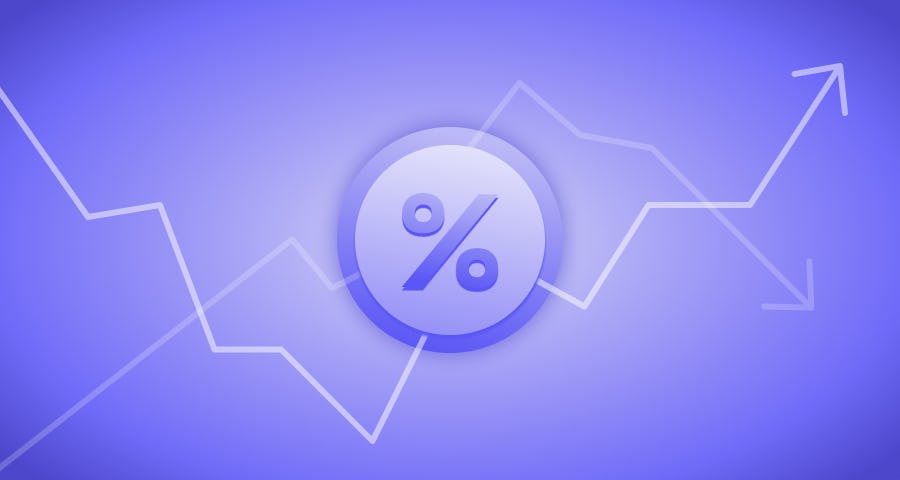Complete guide to interest rates: Types, calculations, and smart financial decisions
Understanding how interest rates are calculated and choosing the right type is crucial as rates remain elevated, significantly impacting mortgages, HELOCs, credit cards, and savings accounts.
